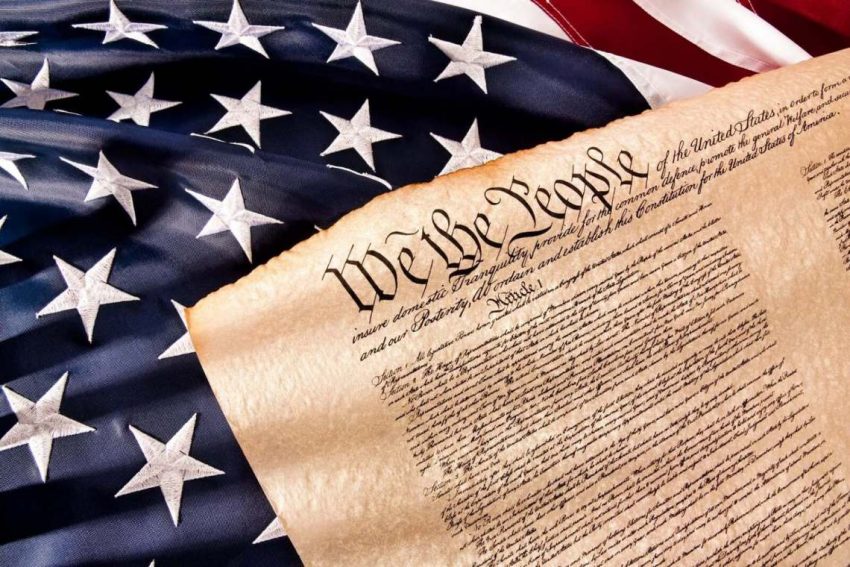
“When they kept on questioning him, he straightened up and said to them, ‘Let any one of you who is without sin be the first to throw a stone at her.’” John 8:7.
Our founders were courageous men of the highest order. Their intellect and knowledge was enormous by today’s standards. (Look at Washington DC now for a slight contrast.) They offered and risked their very lives and fortunes for their freedom, and many of them did pay the ultimate price.
Of the 56 signers of the Declaration of Independence, 41 of them were slave owners. Men from both the North and South owned slaves. Let’s examine slave ownership during the time of our founding.
At the time, it was illegal to free a slave. Many founders wanted to, but were unable to because of the law. (“The best way to repeal a bad law is to enforce it vigorously.” – George Washington.) In fact, many founders wanted to include freedom for slaves at the time our country was founded, but the cost was too great. The South, at the time, believed firmly in States’ rights, and slaves were considered their possessions. Had our founders even suggested the slaves be freed (at the time) the South would have voted against the very formation of our country. John Adams suggested that this matter was better dealt with at a later date, after the nation was formed.
And it was. Slavery was dealt with, and abolished, while Lincoln was in office. Everyone knew slavery was wrong, but slavery was tied to money, and thus, politics. Time was needed to correct this grave mistake, and time was given. Slavery is now gone.
So I ask, “Who among you is without sin?” Are we to be judged from our several mistakes and have our numerous achievements ignored? God has forgiven the transgressions of our founders, why can’t you? Who would prefer to be judged by their mistakes alone? Not me.
This is why the Confederate monuments must remain. Not because we’re racists, but because we become reminded of a time when people learned. We should gaze upon those monuments and think, “Why did they do this? What have they learned? What have we learned? How have we grown? Was this a mistake? Why did they think this was okay?” The questions that spring up from examining our past are essential to promoting a healthy future.
If you’re offended by a statue or a flag, don’t be. It’s your choice to be or to not be offended! “Sticks and stones may break my bones, but names will never hurt me.” In other words, grow up and move on. Stop being offended and actually do some critical thinking for a change.
Those who do not learn from history are doomed to repeat it. And here we are, tearing down our past and not learning from it. Our future is bleak and certain. How do I know? I learned from history.






